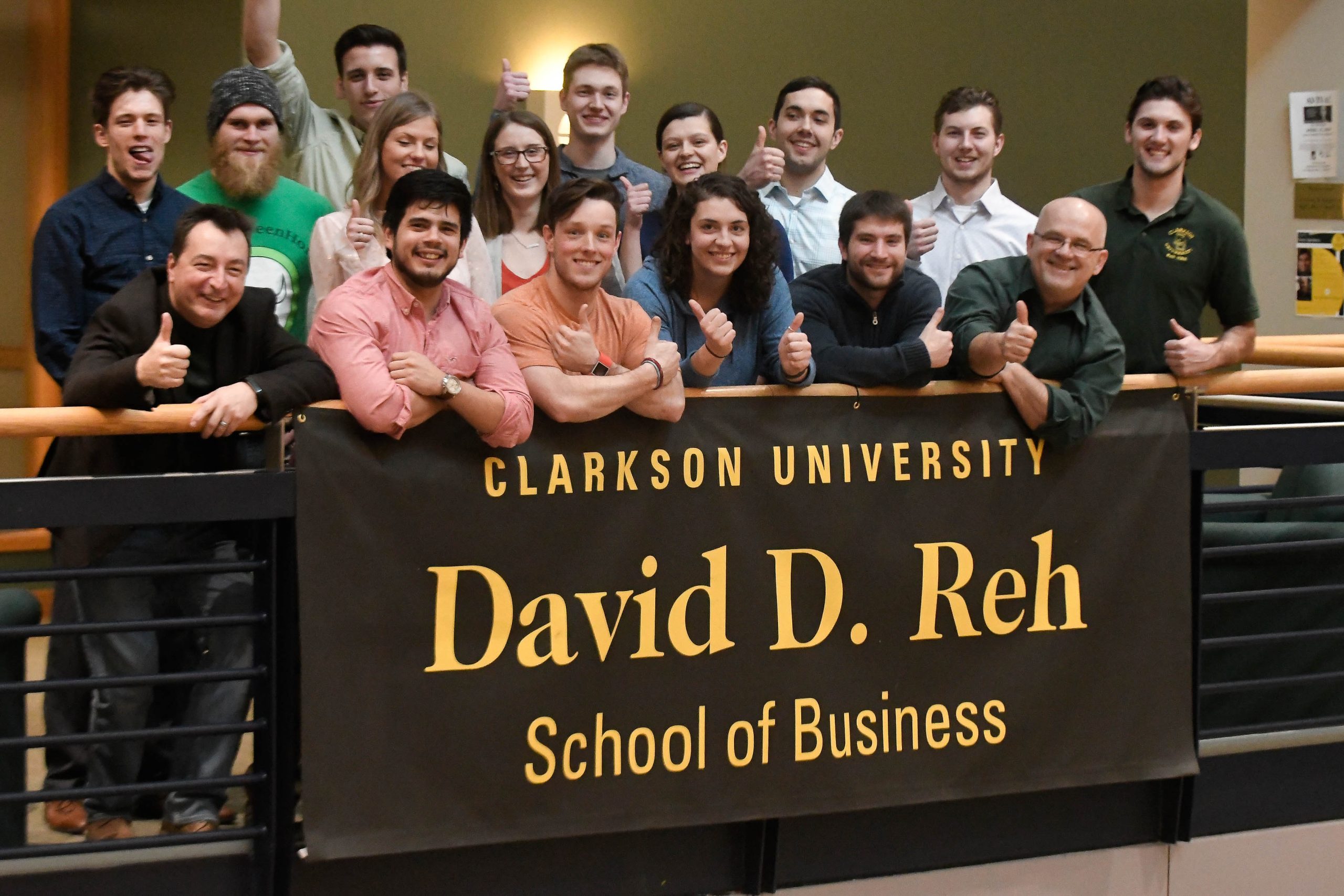If you’re looking at grad school programs, that means you’ve already done the hard work of thinking about your long-term career goals and deciding which degree to pursue. Now, the task at hand is to research degree programs and find some favorites.
A good place to start is with a checklist or spreadsheet of what you’re looking for. List your criteria in order from most to least important and use them to help identify programs that are the best fit.
Here are some criteria to consider.
- Full time vs. part time. There are pros and cons to both options. For most students, the decision boils down to timing and cost. If it’s important that you complete your advanced degree as quickly as possible, and you can afford to attend class full time, that might make the most sense for you. However, if you’ll be working full time—either to advance your career or keep costs down—a part-time program may be the better option.
- On-campus or online. Would you prefer to meet regularly, on campus, with faculty and classmates? If so, consider the location, especially if you’ll be spending a lot of time at the university. Is the campus convenient to activities and services that matter to you? How far is it from work, family, friends and other support systems? Can you see yourself feeling comfortable there?
Are you leaning toward the convenience and flexibility of an online program instead? You’ll have plenty of options but can narrow them down by thinking about what matters most to you. Start by making sure the program is accredited. Then, turn your attention to other features. How important, for example, is interaction with professors and fellow students? Does the program have minimum standards for participation? Are there opportunities to work in teams?
- Program specifics. Get to know the programs inside and out. How many credits are required, and how long will it take you to complete them? How will that fit into your schedule? What does the curriculum include—are there requirements for research, group projects or internships? If you’ll be attending class on campus, what is a typical class size? What about the faculty—how much real-world experience do they have in the field you’re interested in? Will the courses feature guest lecturers who are experts in their field?
Think of as many questions as possible and add them to the list. The more information you have, the more comfortable you will be with the choices you make.
- Cost and financial aid. Affordability makes a difference, especially if you took out loans to help finance your undergraduate education. Have a frank discussion with the admissions teams at the schools where you’re applying and ask about different ways to reduce your expenses. Check into federal and alternative student loan options, scholarships and graduate assistantships. Review the curriculum requirements and compare them with courses you’ve already taken. Are you eligible for transfer credits or course waivers? If you’ll be working while pursuing your degree, find out if your employee benefits include tuition assistance.
- Admission requirements. Do you have the GPA, test scores and undergraduate degree that the program prefers or requires? What about prerequisites? If you’re missing some foundational courses, will the school or program help you arrange to take them? And will that delay your plans to start earning credits toward your master’s?
- Resources. Does the program provide the support necessary to help ensure student success? If your classes require research and lab work, are facilities readily available? Are faculty accessible if you have questions? Where can you turn if you need extra help? What about career assistance—either through a career center or networking opportunities?
- Results. How well has the program served other students whose goals are similar to yours? Ask about the percentage of students who complete their degree and how long it takes. Does the program keep data on employment rates for new graduates? How strong is the program’s alumni network?
Gather as much information as you can from as many sources as possible. Don’t be shy about contacting admissions offices at schools you’re interested in. If you have friends or colleagues with grad school experience, reach out to them, too.
For more information on Clarkson’s graduate programs, contact the Office of Graduate Admissions by emailing graduate@clarkson.edu or calling (518) 631-9831.




